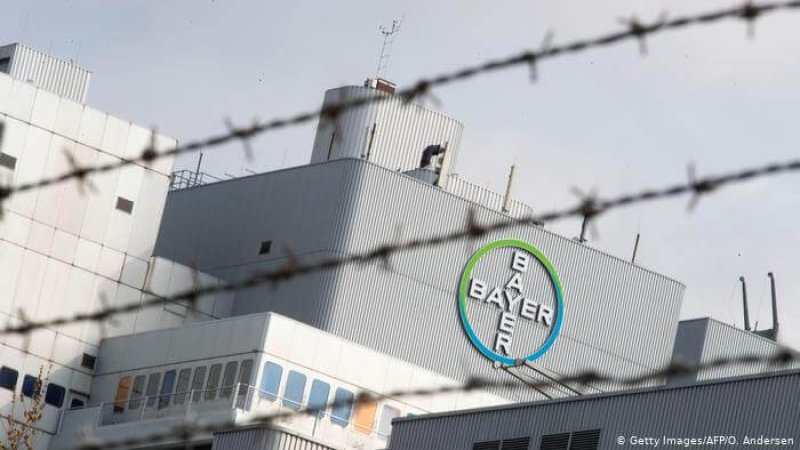California Attorney General Xavier Becerra filed an amicus brief in Johnson v. Monsanto, arguing against preemption of state laws requiring warnings for products containing carcinogens. The lawsuit, currently on appeal in the California Court of Appeal, was brought by a plaintiff alleging that he developed non-Hodgkin’s lymphoma as a result of using Roundup in the course of his work. Roundup is manufactured by Monsanto and contains glyphosate, a chemical known to California to cause cancer.
Following a jury verdict against Monsanto, the superior court awarded compensatory and punitive damages in the amount of $78.5 million for the plaintiff and Monsanto appealed, arguing that the lawsuit and any state laws requiring cancer warnings for products containing glyphosate are preempted by the Federal Insecticide, Fungicide, and Rodenticide Act (FIFRA). FIFRA requires that manufacturers register a pesticide with the U.S. Environmental Protection Agency (EPA) before it can be sold or used.
The EPA has declined to require a warning label indicating that glyphosate is a cancer-causing agent, despite it being identified as a carcinogen by the International Agency for Research on Cancer and by numerous civil juries.
[Editor’s note: Most experts, including EPA regulators, don’t share California’s view that glyphosate causes cancer. The agency therefore told California in August 2019 that it would be “irresponsible” to put a warning label on the herbicide.]
“The fact is EPA’s failure to regulate glyphosate doesn’t excuse Monsanto from liability or preempt California from requiring that consumers be informed of the risks of cancer-causing products,” said Attorney General Becerra. “California protects its residents from dangerous pesticides, and we shouldn’t be forced to put our heads in the sand simply because the EPA won’t do its job.”
In the brief, Attorney General Becerra argues that federal rules do not preempt California laws that protect public health. Of particular concern is the Attorney General’s enforcement of the Safe Drinking Water and Toxic Enforcement Act of 1986 (Proposition 65). Attorney General Becerra urged the court to find that FIFRA does not preempt state law warning requirements for glyphosate on the basis that:
- Despite EPA’s refusal to regulate glyphosate, FIFRA does not preempt California from requiring companies to inform workers and consumers that the International Agency for Research on Cancer has identified glyphosate as a carcinogen;
- FIFRA does not preempt state rules that are fully consistent with federal requirements to warn workers and consumers about chemical risks, even if EPA disagrees that a particular chemical poses a risk;
- and Neither EPA’s approval of Roundup’s label nor an informal letter disapproving California’s efforts to require warnings about glyphosate’s carcinogenic properties carries the force of law to preempt state-law warning requirements.































